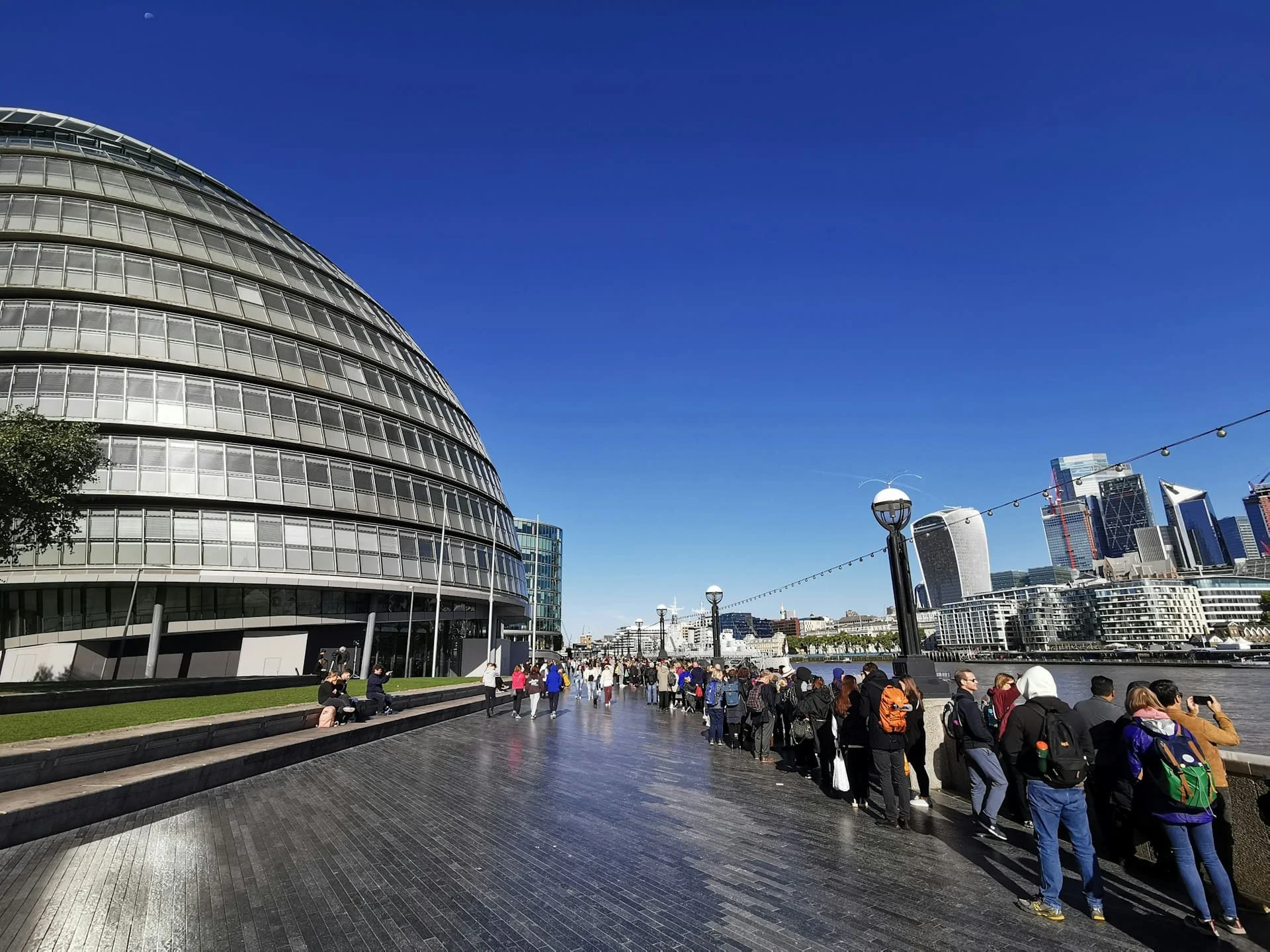
Met Police Knew of Early Allegations Against Mohamed Al Fayed
New revelations indicate the Met Police knew about the sexual assault allegations against Mohamed Al Fayed as early as 1995, years before the force previously acknowledged the reports. The family of Samantha Ramsay, who filed one of these initial complaints, claims that the police’s dismissal of her allegations allowed further abuses to occur. They believe that, had the force acted on Samantha’s report, numerous other women may have been spared similar experiences.
A Family’s Decades-Long Wait for Justice
Samantha Ramsay, aged 17 at the time, reported that Al Fayed groped her while she was employed at Harrods in 1995. According to her mother, Wendy, and sister, Emma, Samantha was one of several women to report similar experiences. Despite her detailed statement, the Met allegedly disregarded her case, citing Al Fayed’s power and influence. Samantha’s family says that her story reflects a systemic failure in the Met’s response to complaints against high-profile individuals like Al Fayed.
The Met Police now claims there is no record of Samantha’s initial complaint in their current systems, a gap they attribute to earlier paper-based records that may not have been digitised. However, they acknowledge past shortcomings and express determination to improve trust and transparency.
“While we cannot change what has happened, we do acknowledge that trust and confidence is affected by our approach in the past, and we are determined to do better,” stated Commander Stephen Clayman, a Met representative, when discussing the case.
The Harrods Encounter
Samantha’s family describes her as full of life, excited by her move to London to work at Harrods. Shortly after starting her job, however, Al Fayed noticed her and allegedly began summoning her to his office. Samantha later told her story to News of the World, stating that during her second meeting with Al Fayed, he insisted she undergo a medical examination and use antiseptics, before he sexually assaulted her. Traumatised, she rushed from his office, confiding in a supervisor who reportedly dismissed her complaint as yet “another one.”
The police allegedly dismissed Samantha’s initial report, telling her that cases against Al Fayed were numerous but likely futile due to his status. The family maintains that such dismissals not only undermined Samantha’s experience but also exposed other women to the same risks.
Missing Police Records: A Pattern of Neglect?
The Met Police has since acknowledged reports from 21 women who accused Al Fayed between 2005 and 2023. However, recent information from the BBC documentary Al Fayed: Predator at Harrods suggests a much earlier pattern of accusations, which the Met may not have fully recorded. Following the broadcast, the Met revealed that it had forwarded only two full cases to the Crown Prosecution Service (CPS) during Al Fayed’s lifetime, a response now scrutinized for its inadequacy.
Wendy and Emma assert that the Met police knew of multiple complaints against Al Fayed in the 1990s, yet failed to act effectively. They recount how the force’s dismissal of Samantha’s claims, especially as a teenager, deeply affected her mental health, leading to years of emotional turmoil.
“She was never right after what happened in London,” Wendy says, reflecting on Samantha’s life after her experience at Harrods.
Support for an Inquiry and Legal Action
Since the documentary aired, more than 60 additional women have come forward with allegations against Al Fayed, sparking public calls for a formal inquiry into the Met’s handling of the case. Samantha’s family has voiced their support for this inquiry, hoping that their experience will lead to accountability and prevent similar mishandling of future cases.
The family has also engaged with Leigh Day, a UK-based law firm, to explore legal options. Wendy and Emma believe that by sharing Samantha’s story, they are fulfilling her wish to speak out against the powerful, ensuring that her experience may bring justice and awareness to others who have endured similar trauma.
“Someone has to speak out,” Samantha said to News of the World in 1998. The family’s decision to go public echoes Samantha’s words, a call to action that resonates two decades after her death.
Further information on legal actions and support are available for survivors of abuse at Leigh Day, a trusted UK-based law firm experienced in handling cases involving high-profile figures.
For more updates on this developing story and insights into related cases, visit EyeOnLondon for in-depth analysis and ongoing coverage.









